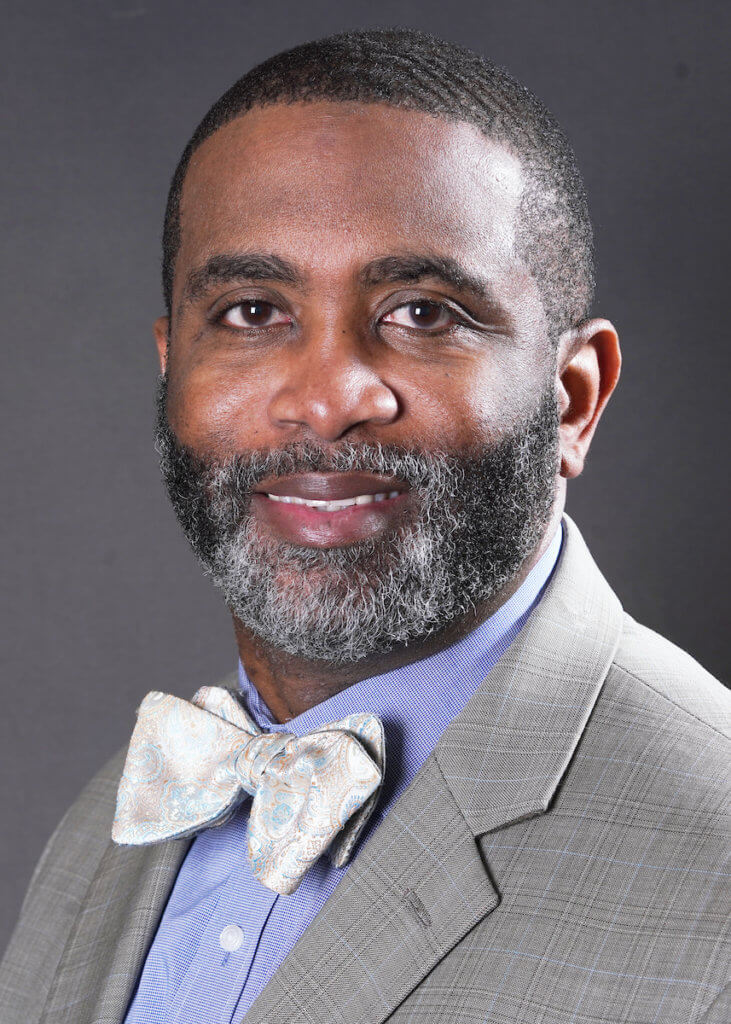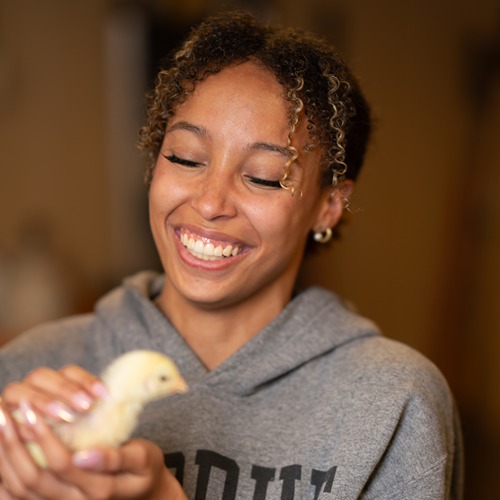ASEC professor awarded Fulbright to conduct research project in rural Australia
Levon Esters, Agricultural Sciences Education and Communications (ASEC) professor, will spend the first half of 2021 traveling across Australia on a recently awarded Fulbright grant.
Esters will be stationed out of the University of Southern Queensland in Toowoomba, Queensland on the East coast of Australia. Working with the country’s Regional Universities Network (RUN), Esters plans to conduct a study in regional, rural, and remote (RRR) Australian communities looking at the intersection of agricultural career education and the role it plays in enhancing the postsecondary education and career prospects of youth and adults in the RRR areas. With his Queensland partners, Esters will develop a demographic profile of the RRR areas in regional Australia; assess the knowledge and attitudes regarding agriculture among youth and adults enrolled in the secondary, senior secondary, and tertiary grade levels of education; develop employability and labor opportunity profiles of the agricultural industry in regional Australia; and identify the barriers and opportunities for Ag Career Education in the RRR areas of Australia.

“I will be interviewing students and educators across different grade levels, parents, business owners, school administrators and university professionals,” Esters said. “I want to be fully immersed in these communities.”
Esters will be utilizing a mixed-methods approach in his project. He conducted similar research projects in New Zealand and Brazil and also conducted studies with students in Iowa to better understand the importance of educational opportunities related to agriculture in rural communities. Additionally, Esters believes his work as co-founder of the Mentoring@Purdue program, which encourages the development of quality mentoring relationships for underrepresented students at the graduate level, will be vital to his Fulbright research.
Esters also knows the research he will conduct in Australia will prove useful in his work in the United States.
“I can use the knowledge and experience I gain there to bring more attention to agricultural careers and education in Indiana and beyond,” Esters said. “
Esters’ planned research schedule will take him to RRR communities around Australia and ideally, he will spend several weeks in each. With the complications of COVID-19 and the aftershocks that come with any global pandemic, Esters said he is remaining flexible and open to changes, always good advice for working in a foreign country.
“When you work internationally you want to have an open mind. Not everyone works the same way we do in this country,” Esters added. “I’m going to remain nimble.”






